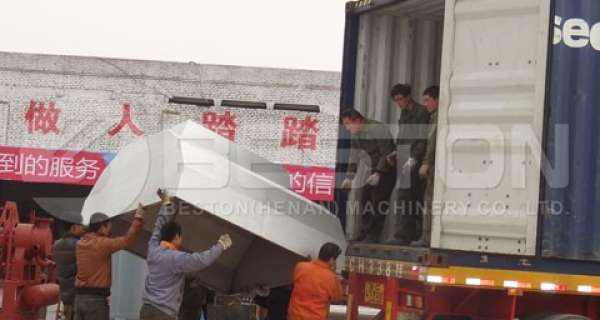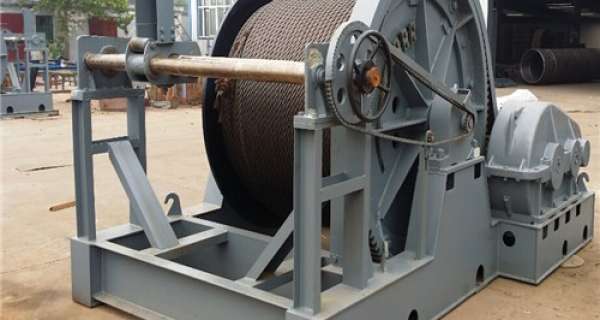In today's fast-paced industrial landscape, the demand for efficiency and productivity is at an all-time high. Businesses are constantly seeking innovative solutions that can streamline operations, reduce costs, and maximise output. One such advancement that has revolutionised material handling and packaging processes is the bulk bag filling station. These stations are designed to automate and optimise the filling of bulk bags, offering significant improvements in productivity, efficiency, and safety across various industries.
Understanding Bulk Bag Filling Stations
A bulk bag filling station, also known as a big bag filling station or FIBC (Flexible Intermediate Bulk Container) filling station, is a piece of equipment used to fill large bulk bags with dry, granular, or powdered materials. These bags are commonly used for transporting and storing materials such as chemicals, grains, minerals, fertilisers, and various other bulk goods.
The design and functionality of bulk bag filling stations vary depending on the specific requirements of the application. However, the core purpose remains the same: to fill bulk bags efficiently and accurately, minimising waste and ensuring consistent bag weight. These stations are equipped with various features such as weighing systems, dust control mechanisms, and automated bag release functions, all of which contribute to their efficiency and effectiveness.
The Role of Bulk Bag Filling Stations in Modern Industry
Bulk bag filling stations have become indispensable in industries that require the handling of large quantities of materials. Here are some key ways in which these stations contribute to modern industrial operations:
Increased Productivity: One of the most significant advantages of bulk bag filling stations is their ability to enhance productivity. Traditional methods of filling bulk bags, such as manual labour, are time-consuming and often result in inconsistencies in bag weight. Automated filling stations, on the other hand, can fill bags quickly and accurately, significantly reducing the time required for each filling cycle. This increased speed allows businesses to process more material in less time, ultimately boosting overall productivity.
Improved Accuracy and Consistency: Precision is crucial in industries where the exact quantity of material needs to be packaged and transported. Bulk bag filling stations are equipped with advanced weighing systems that ensure each bag is filled to the exact specified weight. This level of accuracy not only reduces material wastage but also ensures that customers receive the correct amount of product, enhancing customer satisfaction and trust.
Enhanced Safety: Handling large quantities of bulk materials manually can pose significant safety risks to workers. Bulk bag filling stations are designed with safety features that reduce the need for manual intervention, minimising the risk of accidents and injuries. For example, many stations are equipped with dust control systems that prevent harmful particles from becoming airborne during the filling process, protecting workers' health and maintaining a clean working environment.
Versatility and Customisation: Bulk bag filling stations are highly versatile and can be customised to meet the specific needs of different industries. Whether it's the type of material being handled, the size of the bulk bags, or the desired level of automation, these stations can be tailored to fit a wide range of applications. This flexibility makes them a valuable asset for businesses looking to optimise their material handling processes.
Cost Efficiency: While the initial investment in a bulk bag filling station may be substantial, the long-term cost savings are significant. By reducing material waste, minimising labour costs, and increasing throughput, these stations offer a high return on investment. Additionally, the improved accuracy and consistency in filling reduce the risk of product returns or customer complaints, further contributing to cost efficiency.
Summing up, bulk bag filling stations represent a significant leap forward in industrial innovation, offering numerous benefits that can transform material handling and packaging processes.





































0 Comments